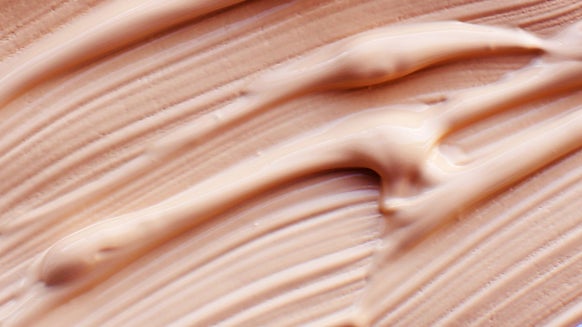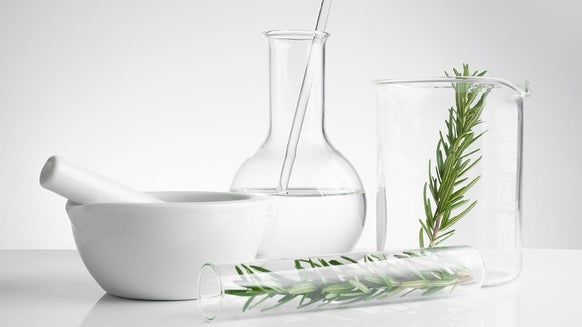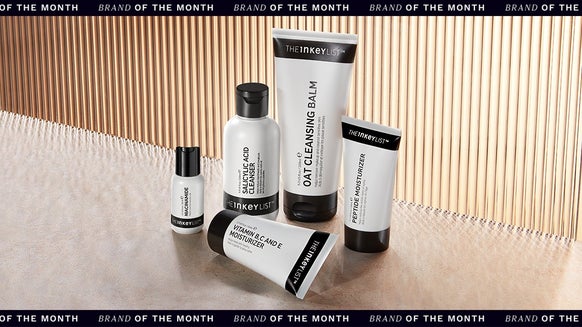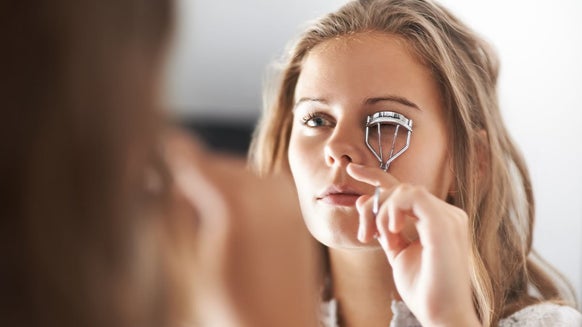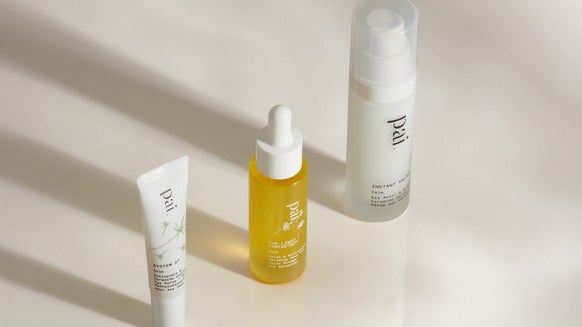The Benefits of Vitamin D For Your Skin and Body

Vitamin D is produced in your skin when your body comes into contact with sunlight. You can also support and boost your Vitamin D levels through eating particular foods and taking Vitamin D supplements. Vitamin D is an essential vitamin that helps support your body with healthy growth, as well as the healthy development of your teeth and bones. Here we’ll be highlighting the benefits of Vitamin D for your skin and body.
What Are The Benefits of Vitamin D?
Vitamin D plays an important role in maintaining our health and is known for its part in calming inflammation, protecting the skin, and improving cell turnover. Vitamin D also helps the prevention of health conditions such as Rickets, Osteoporosis and Hypoparathyroidism.
Vitamin D also helps our body to absorb essential minerals such as Calcium and Phosphate which are required for the development of strong bones, cardiac function and thyroid health among many other benefits. Vitamin D also helps to improve your immune system and reduce inflammation, which makes it key in helping common skin conditions, such as acne.
Symptoms of a Vitamin D Deficiency
Although there are no specific symptoms, if you are suffering from any of the below for longer than a few months then it is worth getting a blood test through your GP to test your Vitamin D levels.
- Muscle and joint pain.
- Tiredness or fatigue.
- Depression or feeling low.
Certain people are also at a higher risk of Vitamin D deficiency
- The elderly.
- People with darker skin tones.
- People working indoors.
- People with digestive disorders like Crohn’s or Coeliac disease, which reduces Vitamin D absorption.
- People who wear heavy sunblock and avoid the sun.
- People who live in low sunlight areas.
How do you get Vitamin D?
Most of your vitamin D intake is actually related to exposure to sunlight. Sunlight stimulates the production of Vitamin D3 by reacting with certain chemicals in your skin. This is then transferred to your liver, where it is turned into an activated form of Vitamin D which can now be used by your body.
Like most vitamins and minerals, a great source of Vitamin D is through your diet.
In colder countries such as the UK and Canada where sunlight is limited, Vitamin D is added as a substitute in certain food groups such as milk, orange juice and cheese. It is also found naturally in oily fish such as salmon, trout, mackerel, tuna, and eel.
Using Vitamin D Supplements
Many people are diagnosed with having low levels of Vitamin D and getting more sun isn’t always applicable. In these patients, supplements are often prescribed to give your body a boost or to maintain adequate levels.
Look out for supplements that contain Cholecalciferol (Colecalciferol) or Vitamin D3/D2 as these are what is converted into vitamin D which can be used by your body.

I've been writing about hair and beauty for over 10 years. I am a collector of vintage perfume and my go-to look always includes a bold pink lip! For more, visit https://www.goodgollymisshollie.co.uk
